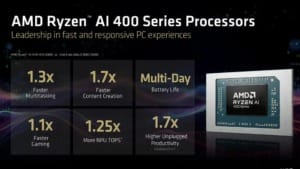EU regulation blamed by Microsoft for CrowdStrike outage
Microsoft blames the EU for the CrowdStrike outage, which affected 8.5 million Windows devices due to a 2009 agreement with the European Commission.

Last Friday, Windows devices worldwide were unexpectedly taken offline. This chaos was triggered by a problematic update from cybersecurity giant CrowdStrike, causing widespread disruption. If you’re unfamiliar with the incident, you can catch up on the details in our previous article summarising the event.
Table Of Content
The scale of the impact
With the dust settling, Microsoft has disclosed that approximately 8.5 million Windows devices were affected. This major outage can be traced back to an agreement between Microsoft and the European Commission in 2009.
In a statement to the Wall Street Journal, Microsoft detailed this agreement. In 2009, the European Commission worried that Microsoft might use its dominant market position to gain an unfair advantage. To address these concerns, Microsoft agreed to provide security software makers with the same level of access to Windows that it had.
The root cause
As a result of this agreement, today’s CrowdStrike Falcon security software operates as a kernel module, which gives it full system access. The kernel, often called “the heart of an operating system,” manages crucial system functions like memory, processes, and files. Therefore, when a faulty update is pushed out, the consequences can quickly escalate from bad to worse.
Interestingly, Macs were not affected by this outage. Apple ceased granting developers kernel-level access in 2020 with MacOS Catalina. This decision means Macs can experience a different type of failure. However, it’s worth noting that the European Commission is currently scrutinising Apple’s practices. The Commission has already compelled Apple to permit third-party App Stores under its Digital Markets Act, though it hasn’t yet forced Apple to change its kernel access policies.
Microsoft’s frustration
Microsoft appears to be frustrated. The company feels it was pulled into this predicament by factors beyond its control. The situation highlights the complex interplay between regulatory requirements and the practical realities of maintaining secure and functional software systems.
This incident underscores the challenges tech companies face when balancing compliance with regulatory demands and ensuring their systems remain robust and secure.
















